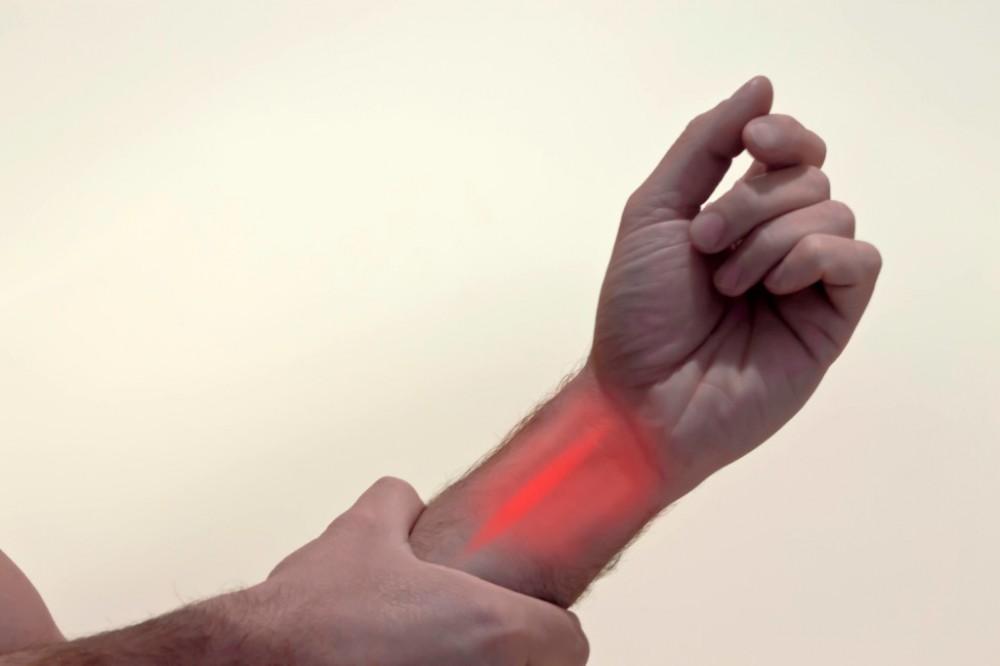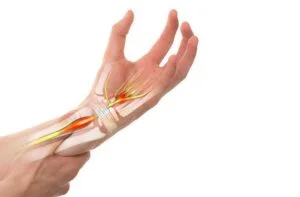Carpal Tunnel Syndrome therapy in Brantford
Carpal Tunnel Syndrome therapy in Brantford (CTS) is a common condition that affects the hand and wrist, causing pain, numbness, and tingling due to compression of the median nerve as it travels through the wrist’s carpal tunnel. Physiotherapy plays a crucial role in both the management and prevention of CTS, offering non-invasive treatments that can significantly alleviate symptoms and improve overall hand function.
Understanding Carpal Tunnel Syndrome
Carpal Tunnel Syndrome therapy in Brantford addresses the narrow wrist passage where the median nerve and tendons pass. When this tunnel becomes narrowed or inflamed, it can compress the median nerve, leading to the characteristic symptoms of CTS. These symptoms often include:
- Pain and discomfort: Typically in the wrist and hand, sometimes radiating up the arm.
- Numbness and tingling: Especially in the thumb, index, and middle fingers.
- Weakness: Difficulty gripping or performing fine motor tasks.
Risk factors for CTS include repetitive hand movements, vibrating tools, diabetes, arthritis, and pregnancy

Role of Physiotherapy in Managing CTS
Carpal Tunnel Syndrome therapy in Brantford aims to reduce nerve compression, enhance wrist stability and strength, and adjust activities to prevent worsening. A comprehensive physiotherapy treatment plan may include:
Splinting: Wearing a splint keeps the wrist neutral, easing median nerve pressure, especially at night or during aggravating activities.
Manual Therapy: Soft tissue mobilization, joint mobilization, and nerve gliding exercises enhance wrist mobility and reduce nerve irritation.
Exercise Therapy: Strengthening and stretching forearm and hand muscles enhances wrist stability and reduces symptoms of Carpal Tunnel Syndrome.
Activity Modification: Educating patients on ergonomic principles and recommending modifications to daily activities or work tasks can prevent repetitive strain and reduce symptom recurrence.
Modalities: Therapeutic modalities such as ultrasound, electrical stimulation, or cold therapy may be used to reduce pain and inflammation in the wrist area.
Patient Education: Teaching patients about CTS, its causes, and strategies for symptom management empowers them to take an active role in their recovery.
Treatment Progression and Outcomes
The effectiveness of physiotherapy in treating CTS varies depending on the severity of symptoms and the individual’s response to treatment. In mild to moderate cases, patients often experience significant improvement with conservative physiotherapy measures alone. Severe Carpal Tunnel Syndrome may need corticosteroid injections or surgery to relieve median nerve pressure.
Physiotherapists typically assess progress through regular follow-up appointments, adjusting treatment plans as needed based on symptom improvement and functional outcomes. This personalized approach ensures that each patient receives the most appropriate care tailored to their specific needs and goals.
Prevention Strategies
Preventing Carpal Tunnel Syndrome therapy in Brantford involves adopting ergonomic practices and modifying activities to reduce repetitive hand movements and wrist strain. Physiotherapists educate patients and provide ergonomic assessments to reduce risk factors in work and daily life.
Carpal Tunnel therapy in Brantford is a prevalent condition that can significantly impact hand function and quality of life. Physiotherapy offers effective, non-invasive interventions aimed at reducing pain, improving mobility, and preventing symptom recurrence. Physiotherapists use splinting, manual therapy, exercises, and education to help CTS patients manage symptoms and restore hand function.
In conclusion, early intervention with physiotherapy is key to managing CTS symptoms and preventing long-term complications, ensuring that individuals can continue to perform daily activities with minimal discomfort and maximum function.
Physiotherapy remains a cornerstone in the holistic management of Carpal Tunnel therapy in Brantford, offering relief and restoration of hand function through evidence-based interventions and personalized care.


